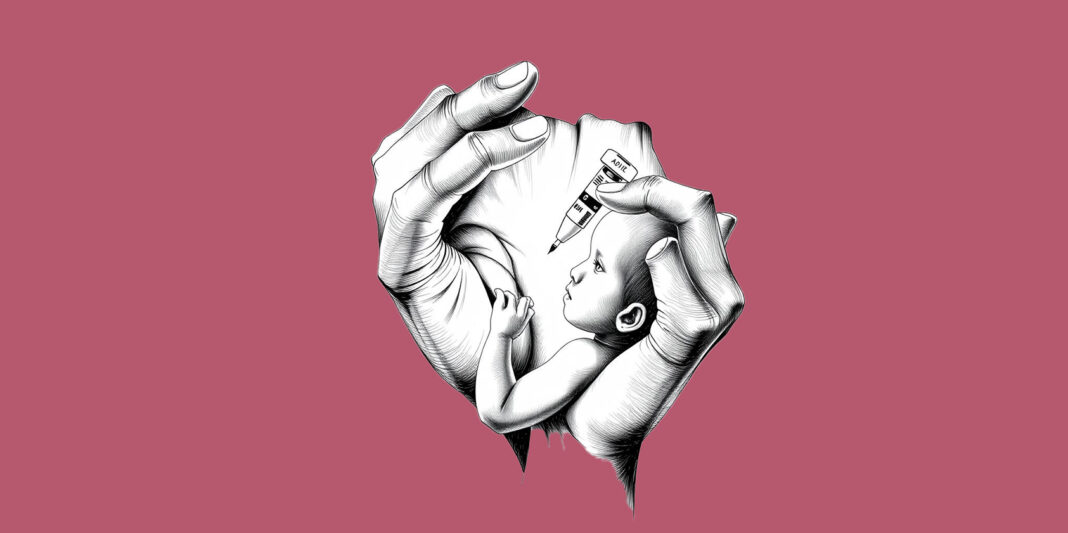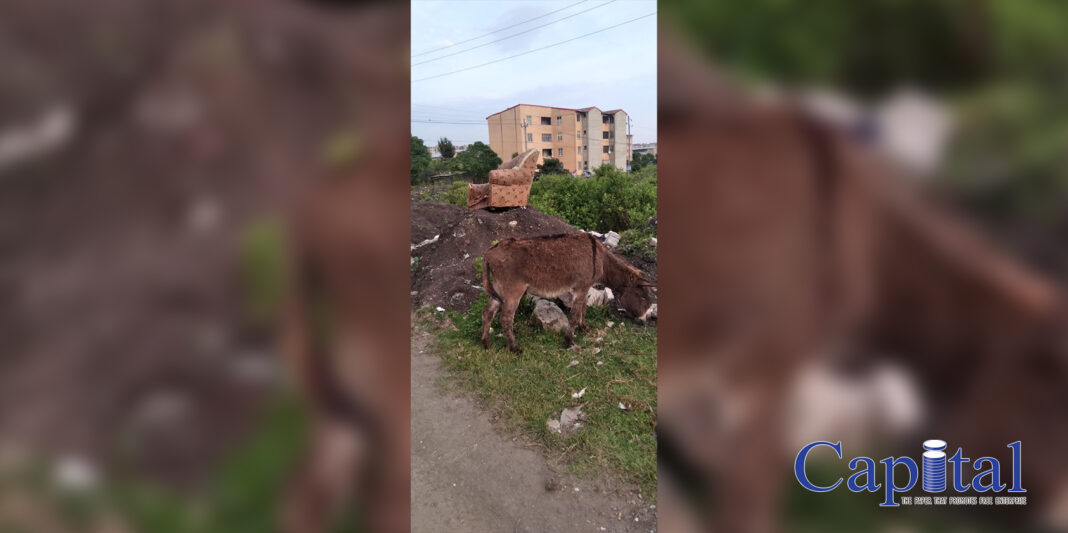Amid soaring global health challenges—ranging from limited resources and conflict to rampant misinformation—Ethiopia stands at a critical crossroads in its fight against vaccine-preventable diseases like polio. After achieving the monumental milestone of being declared wild polio-free in 2017, Ethiopia now faces a renewed threat from circulating vaccine-derived poliovirus type 2 (cVDPV2), underscoring the fragile nature of disease eradication efforts and the urgent need for sustained commitment.
Ethiopia’s progress since joining the global polio eradication movement in 1996 exemplifies persistent dedication. Through comprehensive immunization campaigns, surveillance networks, and health system strengthening, the country had managed to halt wild poliovirus transmission decades ago. Yet in recent years, gaps in vaccination coverage—especially in remote and conflict-affected regions—have allowed cVDPV2 outbreaks to surface, primarily concentrated in the Amhara, Harari, and Somali regions.
The resurgence in polio cases serves as a solemn reminder that infectious diseases respect no borders or political boundaries. Movement of people, coupled with gaps in primary healthcare access, can quickly undo years of progress if vigilance lapses. In 2025 alone, Ethiopia has reported 41 cases of cVDPV2, part of a total of 155 since 2019. These numbers are not just statistics; they represent children’s lives and futures that hang in the balance.
In response, Ethiopia’s Ministry of Health, in partnership with WHO, UNICEF, Rotary International, the Gates Foundation, and other stakeholders, has launched robust and coordinated vaccination campaigns. The commitment is clear: every child must be protected, regardless of how difficult the terrain or complex the context. Since 2021, more than 17 million children were targeted in a nationwide campaign, followed by subsequent efforts reaching close to 18 million children, including the most recent drive covering 8.8 million children across 22 zones and seven regions.
These campaigns have expanded beyond polio alone. The polio eradication infrastructure—the trained health workforce, cold chain systems ensuring vaccine potency, and sophisticated surveillance networks—has become the backbone of Ethiopia’s broader public health capability. In recent vaccination rounds, over 80,000 previously unvaccinated children were reached in their homes, a critical strategy to build community trust and improve overall immunity against multiple vaccine-preventable diseases.
Rotary International’s enduring involvement in Ethiopia exemplifies the power of global and local partnership. Since 1985, Rotary members have poured more than $2.7 billion and countless volunteer hours into the worldwide fight against polio. The continuation of this partnership, reinforced by a multi-year funding commitment from the Gates Foundation through 2029, offers Ethiopia crucial support to finish the eradication campaign.
But funding alone cannot guarantee success. The fight against polio in Ethiopia demands trust—not only in vaccines but in the health system itself. It is imperative that health workers, community leaders, and partners engage relentlessly to educate, reassure, and mobilize communities, building a culture where immunization is viewed as a fundamental right and shared responsibility.
Ethiopia’s efforts on World Polio Day 2025, marked by gatherings of health officials, volunteers, and international partners in Addis Ababa, signal a renewal of resolve. They honor the dedication of frontline workers who brave difficult conditions to safeguard children’s futures. They underscore that polio eradication is not a remote technical goal but a deeply human mission to protect every Ethiopian child’s right to grow up healthy, strong, and full of promise.
The ongoing outbreaks should galvanize, not discourage us. Ethiopia’s experience vividly demonstrates that the final stretch toward polio eradication is the hardest and most complex. It requires sustained political commitment, sufficient resources, and above all, trust in science and health interventions. Ethiopia’s journey reminds us all: success will be achieved only if polio eradication is integrated within resilient primary health care systems accessible to all communities—including the most marginalized.
Ethiopia has come a long way, but the work continues. The challenge is clear: close immunity gaps, strengthen health systems, and mobilize communities. . Every child immunized is a victory in the fight against polio and a step toward healthier, more resilient generations.
Ending polio in Ethiopia is part of ending polio globally—and more broadly, it symbolizes what can be achieved when a country and its partners unite with purpose and perseverance. With collective effort, Ethiopian children will inherit a future unburdened by the threat of this devastating disease.
Together, we can—and we will—End Polio Now in Ethiopia.







